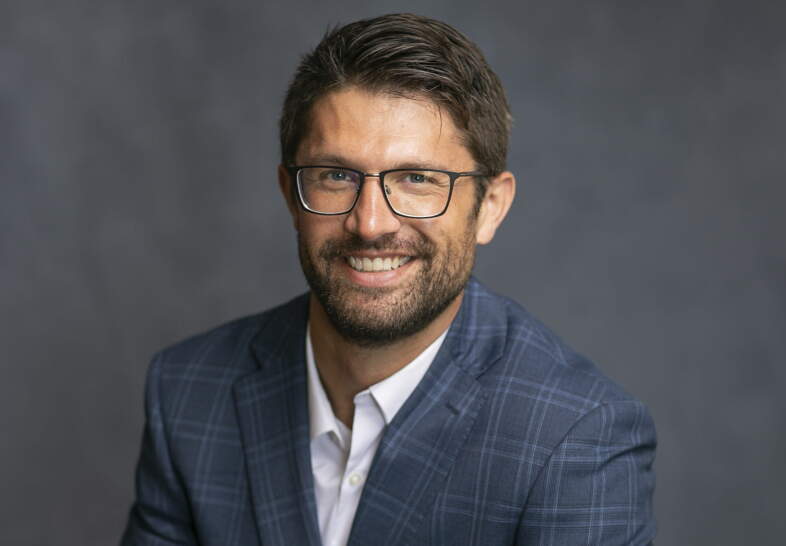About CREDA
The Commercial Real Estate Data Alliance is a consortium of over 40 academics dedicated to achieving data parity with other major asset classes. Specifically, CREDA believes that improved access to and understanding of available data in commercial real estate is key to fostering higher quality research and interactions in between academia and industry, to the benefit of the entire commercial real estate community.
About the CREDA Real Estate Research Symposium
An annual event since 2016, the CREDA Real Estate Research Symposium brings together leading academics, industry practitioners and policy makers to discuss cutting-edge research questions that are of interest to the broader commercial real estate community. The event intermingles academic paper presentations and practitioner panels with the aim of fostering dialogue that advances our knowledge frontier. Themes for the 2024 symposium are “Generative AI and Machine Learning in CRE” and “The Post-COVID CRE Debt Market.”
This year, over the course of two days, we will hear industry leaders and academic experts explore generative AI and machine learning in commercial real estate and the post-COVID commercial real estate debt market.
View the 2024 CREDA Agenda here!
Thank you to the sponsors of the 2024 CREDA Real Estate Research Symposium.
Learn more about sponsorship opportunities for the CREDA Symposium, here.
Meet our Speakers
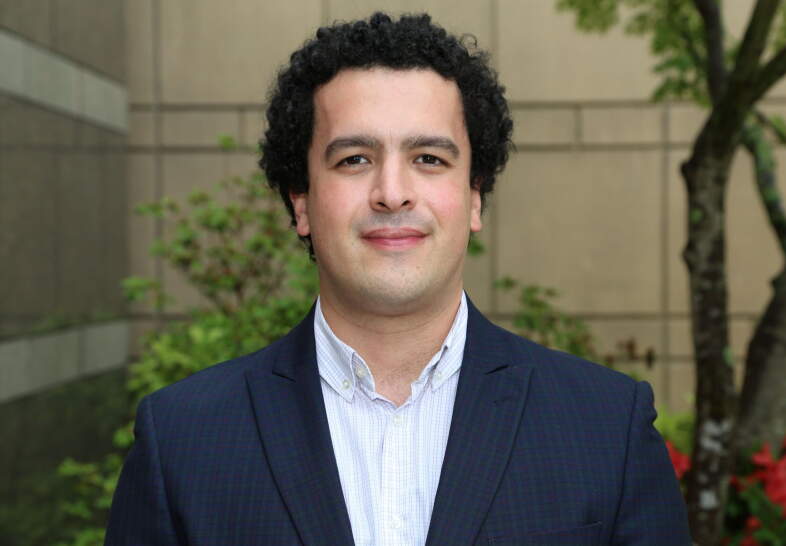
Ernesto Aldana
Ernesto Aldana

Dr. Ernesto Aldana is an Assistant Professor of Finance and Real Estate at Clemson University’s Wilbur O. and Ann Powers College of Business. His research interests span real estate finance, banking, and financial intermediation. He holds a Ph.D. and an M.S. in Finance from The University of North Carolina at Chapel Hill, a master’s degree in economics from El Colegio de Mexico, and an undergraduate degree in economics from UNAM. Before his doctoral studies, he worked as a data scientist at Banorte in Mexico City.

Brent Ambrose
Brent Ambrose

Brent W. Ambrose is the Jason and Julie Borrelli Faculty Chair in Real Estate, Director of the Borrelli Institute for Real Estate Studies, and Director of the Ph.D. program at the Pennsylvania State University Smeal College of Business. Prior to joining Penn State, Professor Ambrose held faculty appointments at the University of Kentucky, the University of Wisconsin-Milwaukee, and visiting appointments at the University of Pennsylvania and the US Department of Housing and Urban Development. His research interests include issues related to Real Estate Investment Trusts (REITs), loss mitigation programs associated with mortgage default and foreclosure, Government Sponsored Enterprises (GSEs), fixed-income securities, and consumer credit contracts. In 2010, he was the President of the American Real Estate and Urban Economics Association (AREUEA) and served as its Executive Vice President from 1996 to 2003. He is a Faculty member and Fellow of the Weimer School of Advanced Studies in Real Estate and Land Economics at the Hoyt Group, the Real Estate Research Institute, and in 2006 was appointed a Fellow of the FDIC Center for Financial Research. Dr. Ambrose is the co-Editor-in-Chief of the Journal of Real Estate Finance and Economics and co-edited Real Estate Economics from 2015 to 2020. He serves on the editorial boards of the Journal of Real Estate Finance and Economics, the Journal of Real Estate Research, and the International Real Estate Review. He is also a member of the advisory board of the Real Estate Research Institute. His work appears in The Journal of Finance, The Review of Financial Studies, The Review of Economics and Statistics, The Journal of Money Credit and Banking, The Journal of Financial Intermediation, The Journal of Real Estate Finance and Economics, Journal of Financial and Quantitative Analysis, Journal of Financial Services Research, Financial Management, Financial Analysts Journal, Real Estate Economics, Regional Science and Urban Economics, Journal of Real Estate Research, Journal of Urban Economics, Journal of Housing Economics, Journal of Housing Research, The Wharton Real Estate Review, and Cityscape: A Journal of Policy Development and Research. In addition, he co-edited Household Credit Usage: Personal Debt and Mortgages, published by Palgrave/MacMillian. Dr. Ambrose holds a Ph.D. and M.B.A. from the University of Georgia and a B.S. in Business from Wake Forest University.
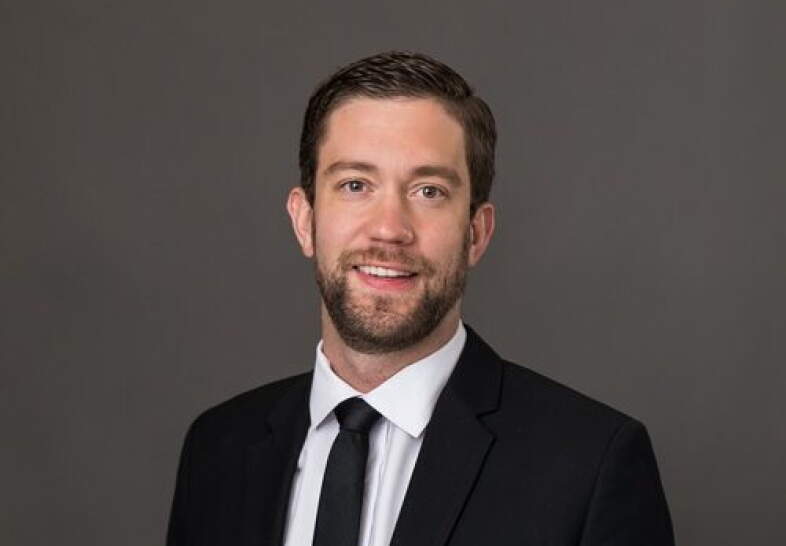
Ivo van Breukelen
Ivo van Breukelen

Ivo van Breukelen is a Managing Partner of The Proptech Connection (US / Euro). He has an extensive global network within Proptech, leveraging his career in real estate investments and technology. Ivo leads the tech origination team and is at the forefront of identifying the leading technologies and trends in real estate, ensuring breadth and depth to the firm’s market analysis – giving our real estate clients, truly leading insights.
He ensures The Proptech Connection is constantly working with the leading venture capital funds, validating their key market theses and to keep informed of the next wave of technologies.

Sophie Calder-Wang
Sophie Calder-Wang

Sophie Calder-Wang is an Assistant Professor of Real Estate at The Wharton School, University of Pennsylvania. Her research interests lie at the intersection of real estate, industrial organization, and entrepreneurship. Her recent research examines disruptive technologies that transform the real estate markets, such as the impact of Airbnb on housing market participants and the impact of algorithmic pricing in multi-family rentals. Her second line of research examines diversity and equity issues in venture capital, investigating sources and implications of gender and racial biases in entrepreneurship. Prof. Calder-Wang received her Ph.D. in economics from Harvard University and an undergraduate degree in mathematics from Princeton University.
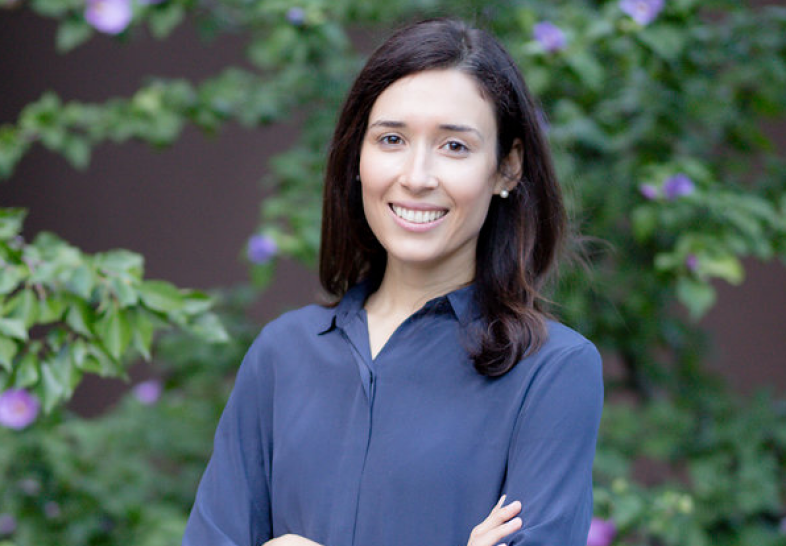
Sonia Gilbukh
Sonia Gilbukh

Sonia Gilbukh is an Assistant Professor of Real Estate at CUNY Baruch College, Zicklin School of Business. Her research focuses on real estate intermediaries in the U.S. and how they affect the housing market. She received her PhD in Economics at the New York University, Stern School of Business and her BS in Mathematics at Haverford College.

Erica Moszkowski
Erica Moszkowski

Erica Moszkowski joined the Research and Statistics Division at the Federal Reserve Board as an Economist in 2023. Her research combines reduced form and structural methods to study the economic dynamics of cities, with a particular focus on commercial real estate markets. Recent papers study the role of option value and financial frictions in determining storefront vacancy rates. She received her Ph.D. in Business Economics from Harvard University in 2023 and holds a B.A. in Computer Science and Economics from Williams College.

Joseph Nichols
Joseph Nichols

Dr. Joseph Nichols is a Principal Economist with the Federal Reserve Board and is a respected expert on the commercial real estate market, commercial mortgage credit risk, and the financial institutions that originate and service commercial mortgages. His research has been published in the Review of Financial Studies, Real Estate Economics, the Journal of Money Credit and Banking, the Journal of Urban Economics, the Journal of Real Estate Finance and Economics, the Journal of Financial Services Research, and other outlets. Dr. Nichols has contributed to several significant policy projects, including the development of CRE credit risk models for the Dodd-Frank Act Stress Tests, design of the section of the TALF program for the CMBS, and the FR Y-14 supervisory data collection. He earned his PhD from the University of Maryland in 2005 and held doctoral student internships at both the Congressional Budget Office and the Office of Management and Budget. He received a Master’s degree in Operations Research in 1997 and Bachelors in 1994 from George Washington University.
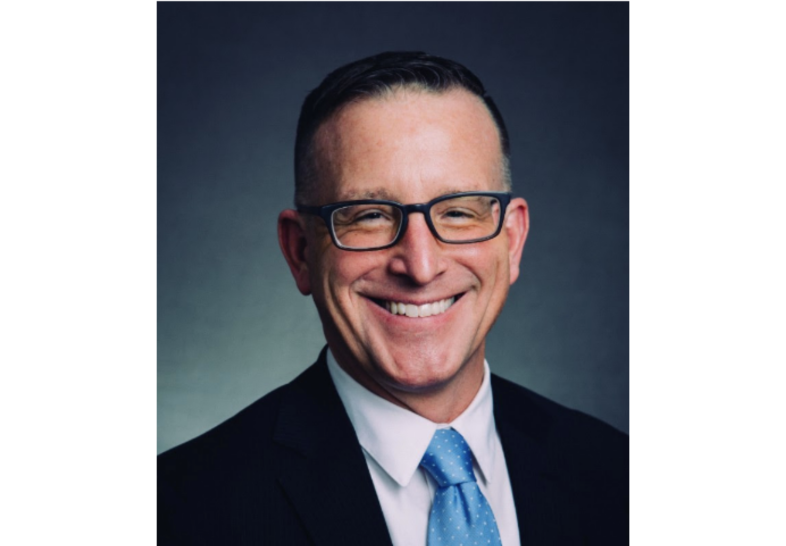
Tim Savage
Tim Savage

Timothy H. Savage is a Clinical Assistant Professor at the NYU Schack Institute of Real Estate, where he is the Faculty Director of the CREFC Center for Real Estate Finance. He is the former Senior Managing Economist and Principal Data Scientist of CBRE Econometric Advisors (the former Torto Wheaton Research Group). Tim is an economist with nearly 25 years of experience at international consulting firms such as Charles River Associates and Navigant Consulting. His focus is the use of machine learning to evaluate business strategy, in particular the uses of Bayesian analysis and Monte Carlo simulation. He speaks frequently to institutional investors in commercial real estate on macroeconomics, monetary and fiscal policy, and the potential impacts of big data and technological disruption. His research has been twice discussed in the Economist, and he has addressed the National League of Cities on uses of big data in policymaking and the National Association of Realtors on macroeconomics and monetary policy. His comments have appeared in Axios, Bisnow, CNN, The Commercial Observer, Crain’s New York, The New York Daily News, The New York Post, The New York Times, GlobeSt, PERE Magazine, Pix 11, PropModo, the Wall Street Journal, ULI’s Urban Land Magazine and Vox Media. He is a Former Distinguished Fellow of the NAIOP Research Foundation, a member of the invitation-only Counselors of Real Estate (CRE) and a mentor at the Real Estate Research Institute (RERI). Tim holds a Ph.D. in economics from the University of North Carolina at Chapel Hill with concentrations in microeconomics and econometrics.
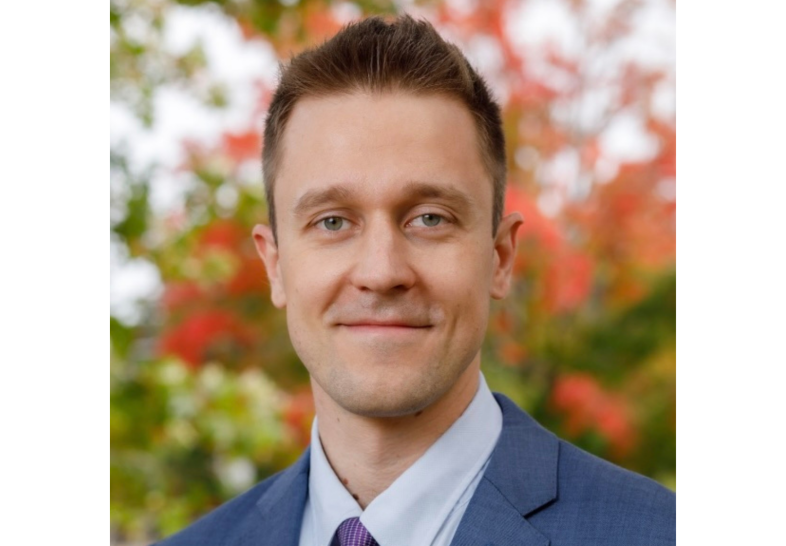
Gregor Schubert
Gregor Schubert

Gregor Schubert is an Assistant Professor of Finance at the UCLA Anderson School of Management. His research studies the impact of technological innovations on firms and labor markets, and the dynamics of housing markets in response to economic shocks. He recently focuses on the use of Generative AI as a tool for financial research, and as a shock to productivity. He created and currently teaches an MBA course on the rise of technology-focused business models and data analytics in the real estate sector. His previous experience includes working as a strategy consultant for The Boston Consulting Group. He holds a Ph.D. in Business Economics from Harvard University.
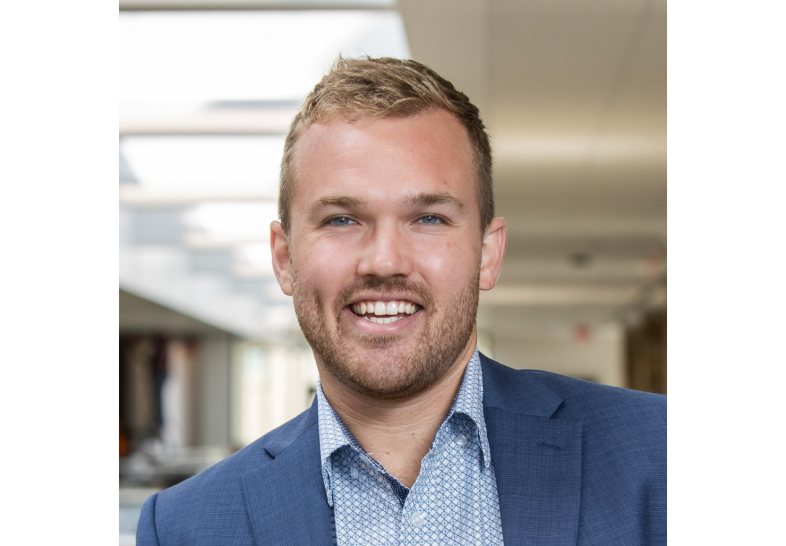
Cayman Seagraves
Cayman Seagraves

Dr. Cayman Seagraves is a Tenure-Track Assistant Professor of Finance at the Collins College of Business at The University of Tulsa. Born in Atlanta, Georgia, and raised in Nashville, Tennessee, Dr. Seagraves has developed a profound commitment to integrating theoretical and applied finance. His specialization in Corporate and Real Estate Finance is underpinned by a broad array of research interests, including the political economy of finance, the motivations and risks associated with corporate political connections, and the intricacies of corporate and real estate investments and market efficiencies. His research also extends to the sustainability practices within the corporate and real estate sectors.
Dr. Seagraves holds a Ph.D. in Finance from Florida State University, where a deep-seated passion marked his academic journey for mentoring emerging finance professionals and teaching courses in real estate finance and corporate finance. His scholarly work has been featured in prominent journals such as the Journal of Law and Economics, the Journal of Real Estate Portfolio Management, and the Journal of Housing Research.
Before entering academia, Dr. Seagraves gained valuable and practical experience in the real estate industry, engaging in both residential and commercial real estate markets. This industry exposure has enriched his academic work, allowing him to offer a nuanced perspective that bridges theoretical finance principles with practical industry insights.

Christophe Spaenjers
Christophe Spaenjers

Christophe Spaenjers is a Professor of Finance at the University of Colorado Boulder’s Leeds School of Business. He is an academic expert on the markets for real estate, art, and other “real and private-value assets”. He graduated with a Ph.D. in Finance from Tilburg University (the Netherlands) in 2011, after which he joined the Finance department of HEC Paris (France). His research has been published in leading academic journals such as American Economic Review, Journal of Finance, Review of Financial Studies, Journal of Financial Economics, and Management Science. His research has been covered extensively in the popular press (e.g., The Economist, Financial Times, New York Times, Wall Street Journal) as well.

Eva Steiner
Eva Steiner

Eva Steiner is Professor of Real Estate at the Penn State Smeal College of Business, where she holds the King Family Early Career Professorship. Prior to joining Penn State, she taught at Cornell University and at the University of Cambridge, U.K. Professor Steiner’s research interests include real estate finance and economics. Her work has been published in leading academic journals, such as the Journal of Financial Economics, the Review of Financial Studies, Real Estate Economics, and the Journal of Real Estate Finance and Economics. In recognition of her research contributions, she was invited to join the Weimer School Faculty in 2023. Since 2022, she is a co-editor at Real Estate Economics. Professor Steiner currently serves as the President of the Real Estate Research Institute. She has taught real estate classes to undergraduate and graduate students in business, real estate, and M.B.A. programs in the U.S. and abroad. Professor Steiner received her B.A. from the University of Heilbronn, Germany, and her M.Phil. and Ph.D. degrees from the University of Cambridge, U.K.

Alexei Tchistyi
Alexei Tchistyi

Alexei Tchistyi is an Associate Professor of Real Estate at the Cornell SC Johnson College of Business. Alexei received his Ph.D. in Business from the Stanford Graduate School of Business in 2005. Before joining Cornell University in 2020, he was an Assistant Professor of Finance at the New York University Stern School of Business (2005-2008), an Assistant Professor of Real Estate and Finance at the UC Berkeley Haas School of Business (2008-2014), where he also served as a Co-Chair of the Fisher Center for Real Estate and Urban Economics (2012-2014), and an Associate Professor of Finance and Director of the Office of Real Estate Research at the University of Illinois at Urbana-Champaign (2014-2020).
Alexei’s research focuses on various topics related to real estate finance and corporate finance: mortgage design, asset-backed securities, banking regulations, dynamic contracting and executive compensation. His papers have been published in The Review of Financial Studies, The Journal of Financial Economics, The Journal of Finance, The Journal of Financial and Quantitative Analysis and The Journal of Financial Intermediation.

Tingyu Zhou
Tingyu Zhou

Dr. Tingyu Zhou is the Dean Gatzlaff Associate Professor of Real Estate in the Department of Risk Management/Insurance, Real Estate and Legal Studies at Florida State University’s College of Business. Zhou’s research interests include real estate economics and finance, and she has published research in numerous journals, including Real Estate Economics, Journal of Real Estate Economics and Finance, Regional Science and Urban Economics. She currently serves on the board of directors of the Global Chinese Real Estate Congress and associate editor of International Real Estate Review.
Zhou earned a B.A. in economics and MBA in finance, both from the University of Macau. Her Ph.D. in finance is from the University of Connecticut.






